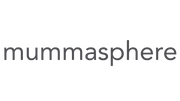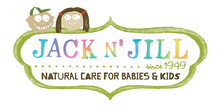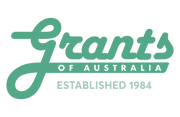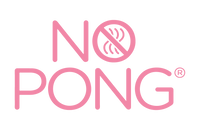Selling to Indonesia
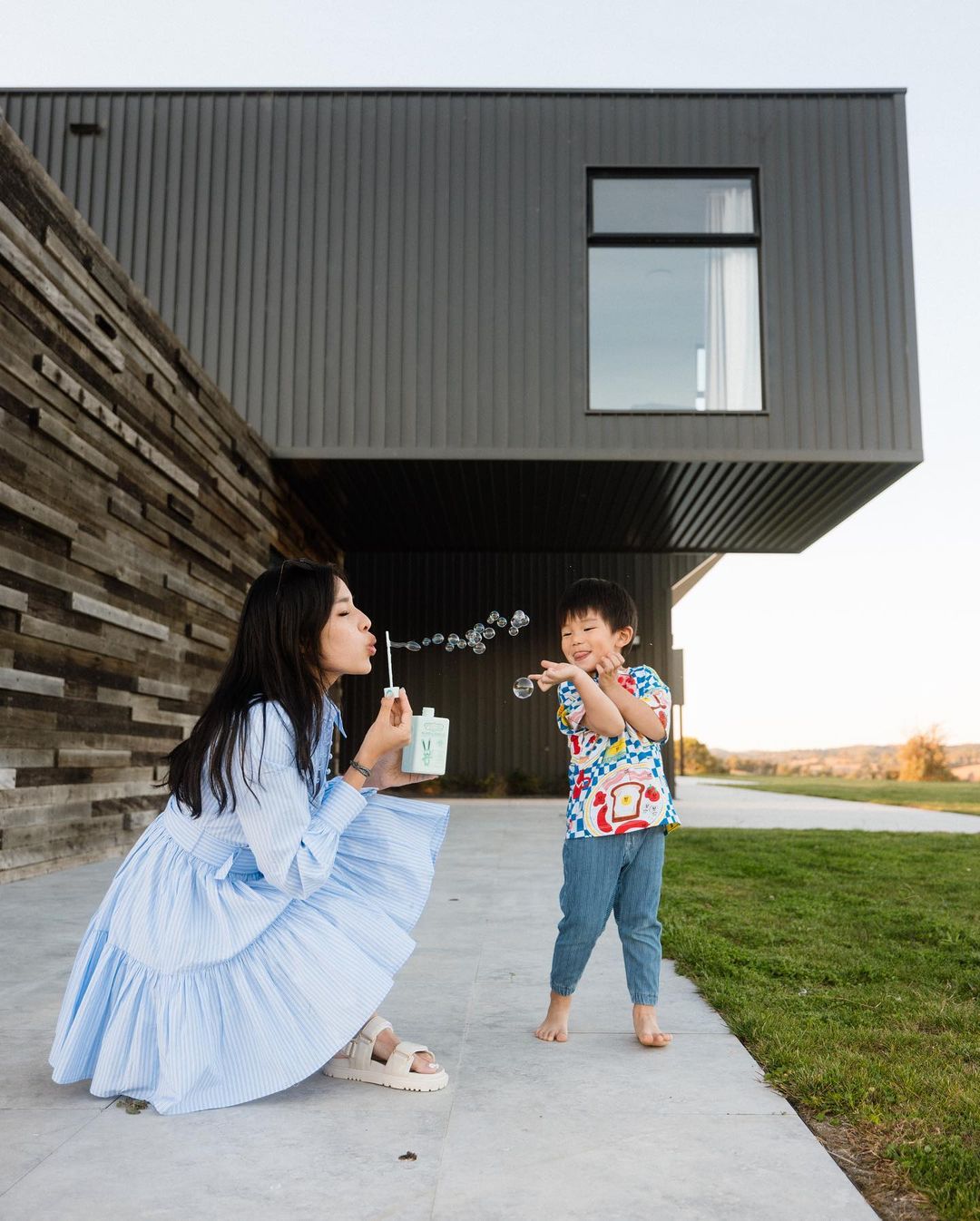
Home to 264 million people
Menjual ke Indonesia: Peluang Pasar 2025–2026 di Tengah Penyusutan Kelas Menengah
With a population of over 264 million , Indonesia remains Southeast Asia's largest consumer market , ranking 4th globally in population size. While this vast demographic presents strong potential, shifting economic realities mean brands need targeted, value-driven strategies to succeed.
Shrinking Middle Class Impacts Consumer Spending
The once-rapidly expanding middle class—previously the key driver of consumer growth—has started to contract significantly , declining from 57.3 million people in 2019 to just 47.8 million in 2024. Rising inflation, global economic headwinds, and post-pandemic debt have pushed millions back into “aspiring middle class” status with reduced disposable incomes .
As a result, discretionary spending on categories like fashion, personal care, and electronics is under pressure , with consumers focusing more on essentials and value-for-money purchases.
Beauty & Wellness: A Resilient and Growing Sector
Despite these challenges, Indonesia's beauty and personal care industry continues to thrive , making it one of the most promising sectors for brands entering the market. In 2024, the industry was valued at US$9.24 billion , with skincare, halal beauty products, and men's grooming among the fastest-growing categories.
E-commerce channels now account for nearly 50% of total beauty sales , driven by mobile-first shoppers and social commerce. Brands offering affordable luxury, clean beauty, and halal-certified formulations have a strong competitive edge.
Why Not Every Brand Has a Presence in Indonesia: Understanding the Legal and Strategic Entry Barriers
Product Registration & Regulatory Bodies in Indonesia
Depending on the HS Code of your product, registration with different Indonesian government agencies may be required:
- cosmetics, skincare, supplements, and personal care products, brands must obtain approval from the Food and Drug Supervisory Agency (BPOM) —Indonesia's equivalent of Australia's TGA or the US FDA.
- The BPOM registration process can take anywhere from three months to three years , and is subject to frequent updates in regulations and compliance requirements.
- For textiles, toys, and certain consumer goods, products must be certified under Indonesian National Certification (SNI) standards before they can be sold in the local market.
Navigating these bureaucratic channels is often time-consuming and requires local expertise to avoid costly delays.
Margins & Distribution: Offline vs Online Strategy in Indonesia
Beyond legal registration, brands must also navigate complex margin structures and adapt to local retail economics:
- Offline retail (modern trade) often demands a 35–40% gross margin from the brand to the retailer, plus an additional 5–10% in marketing support such as listing fees, display contributions, promotional rebates, and event sponsorships.
-
E-commerce marketplaces like Shopee and Tokopedia typically charge 12–15% commission fees , depending on the product category. These platforms offer a more scalable, cost-efficient route—but require strong digital marketing and fulfillment capabilities.
Choosing the Right Local Partner
Given the legal, operational, and financial challenges of entering Indonesia, finding the right local distributor or strategic partner is essential . The right partner can handle regulatory filings, navigate SNI and BPOM registrations, manage multi-channel distribution, and optimize your brand's presence in both modern retail and online platforms .
At PTMUM, we tailor distribution strategies to match your product margins, category regulations, and growth objectives—ensuring sustainable entry into the Indonesian market.
Want to break into Indonesia with a trusted local partner? Click below to start your market entry journey today.
What This Means for Global Brands
Selling to Indonesia in 2025: A Strategic Play
- Target the Aspiring Middle Class: Focus marketing and pricing strategies on affordability, trust, and lifestyle relevance for value-conscious families.
- Halal & Localized Products Win: Align with local values by offering halal-certified goods and adapting branding to Indonesian cultural preferences.
- Digital-First Approach: Leverage Shopee, Tokopedia, TikTok Shop, and social media influencers for cost-effective market penetration.
- Smart Distribution matters: Work with experienced local distributors who understand retail fragmentation, regulatory frameworks, and consumer behavior shifts.
While Indonesia’s shrinking middle class poses real challenges, it also sharpens the need for smart, agile strategies. Brands that localize offerings, prioritize e-commerce, and communicate value will thrive, even in a tougher consumer climate.
For international beauty, wellness, personal care, and lifestyle brands, Indonesia remains an attractive, high-potential market—just one that now demands deeper insight and tailored go-to-market execution.
For localised support and entry assistance, contact PTMUM, a trusted partner for market access, brand localization, and distribution across Indonesia.
